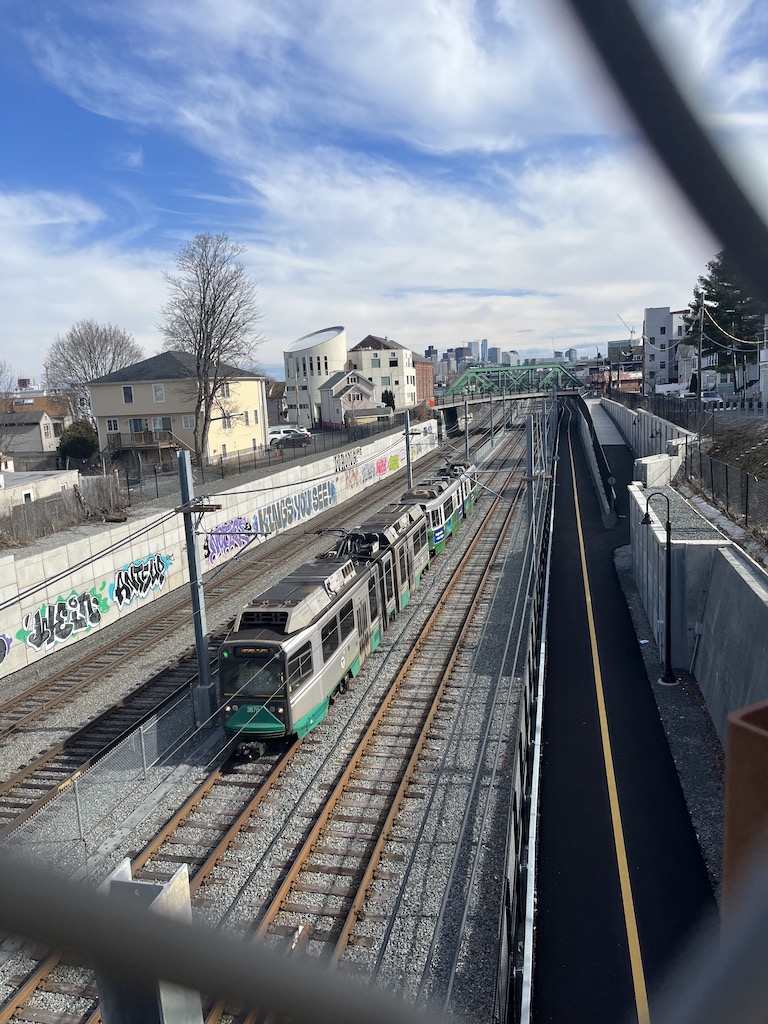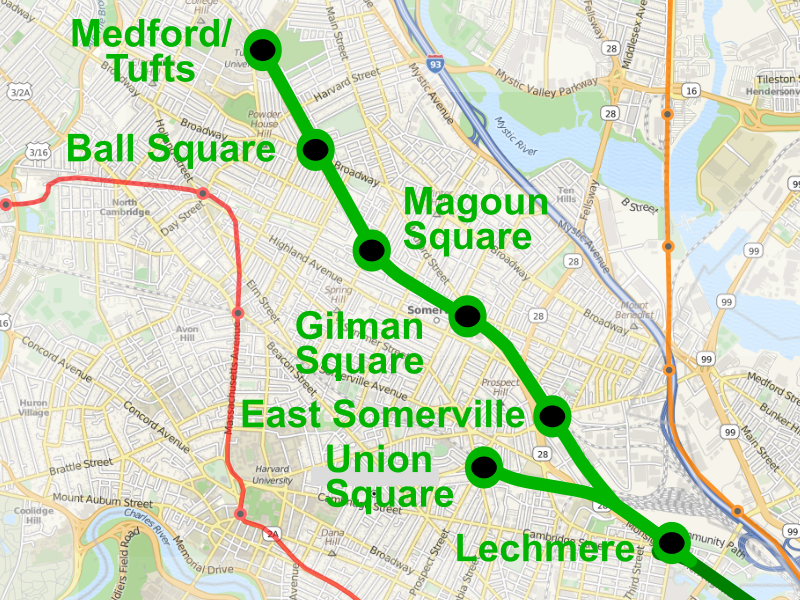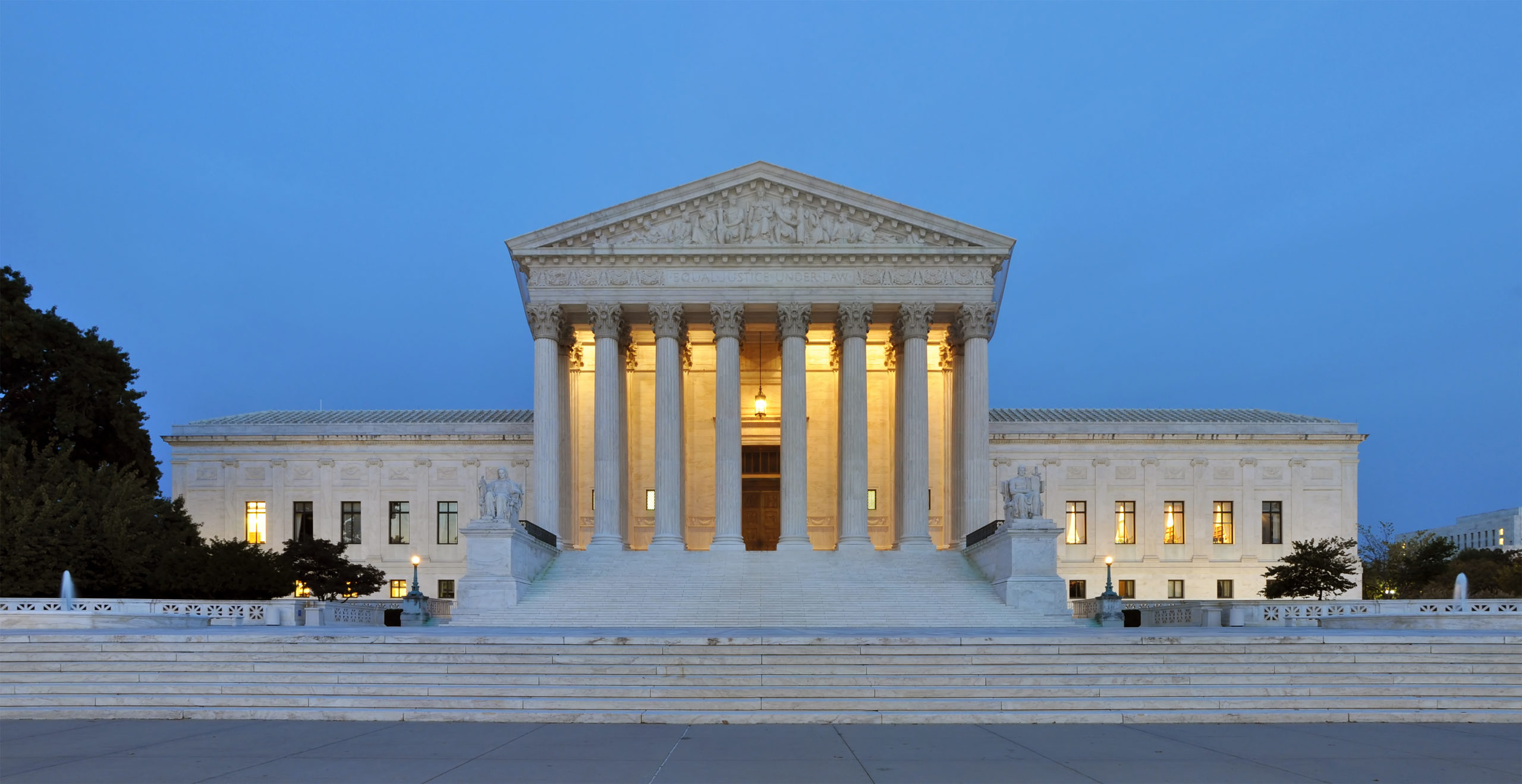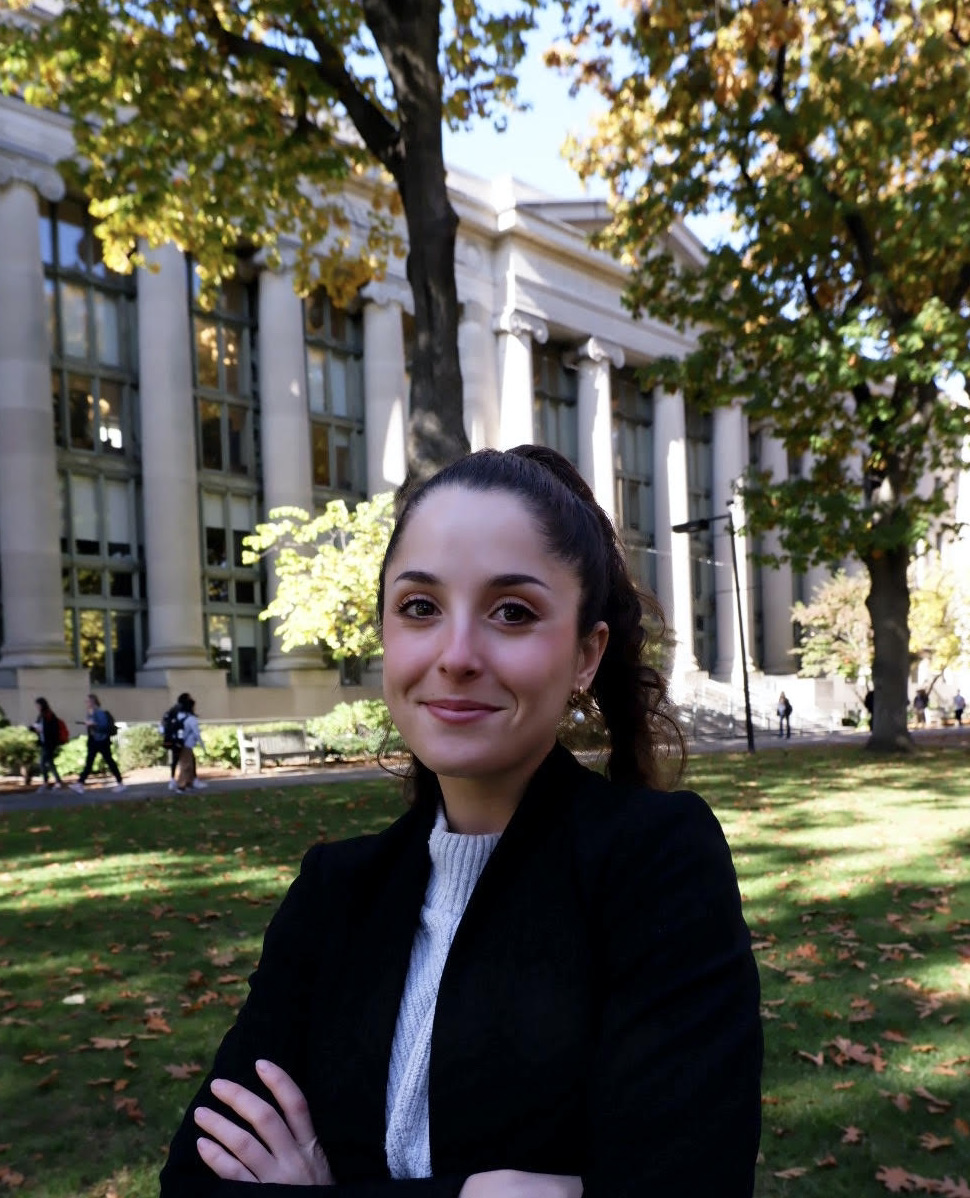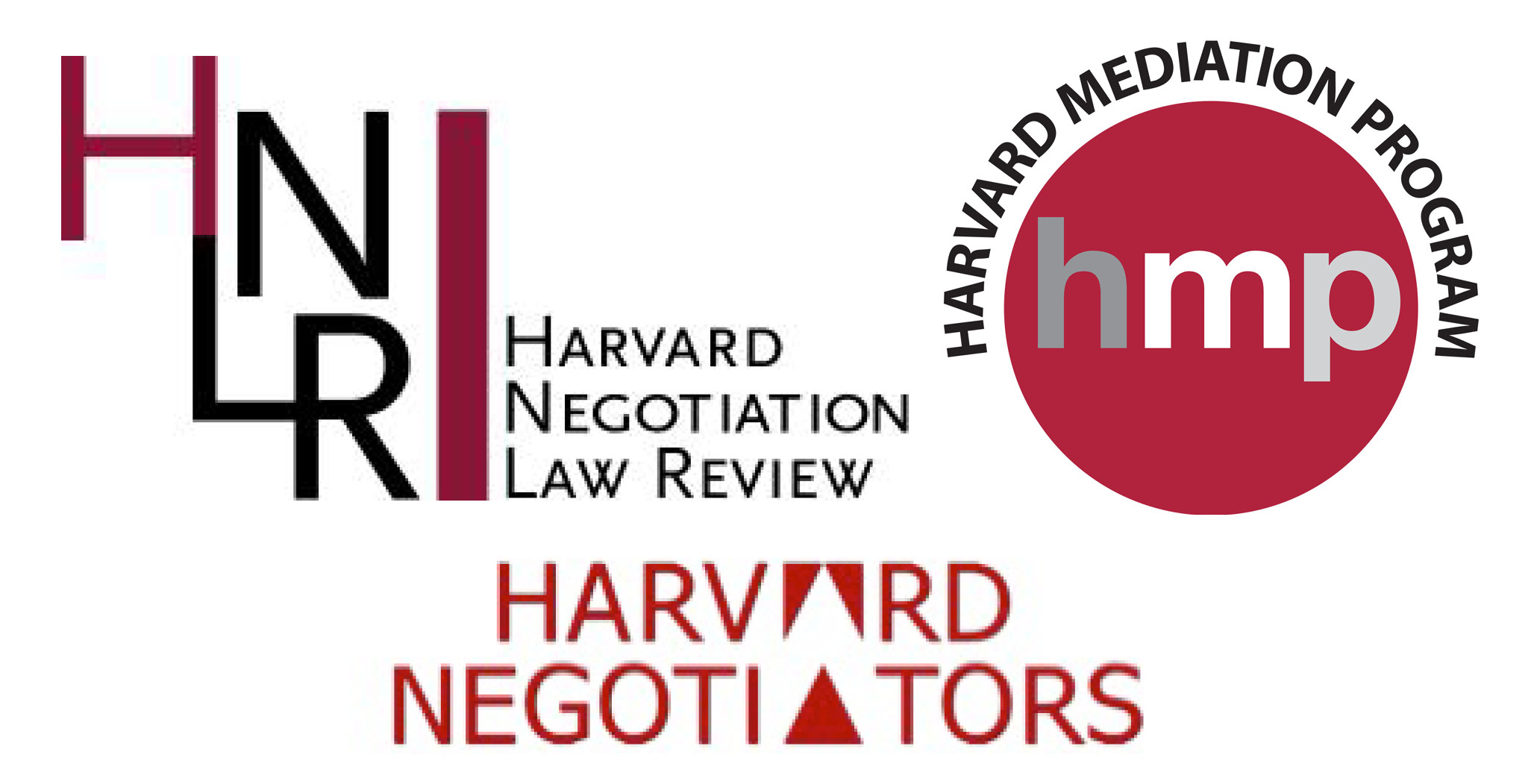
Bridging Divides
The Fight for Boston’s GLX and CLX: Stakeholder Mapping and Integrative Negotiation – Part II
May 9, 2023
by Justin Minion ’23 In Part I of this series, I have covered stakeholders battles that would likely be described as “distributive.” For instance, the stakeholder battles between the Conservative Law Foundation and the Commonwealth of Massachusetts, and between the MBTA and the MassDot would likely be examined through the lens of zero-sum bargaining. In…
The Fight for Boston’s GLX and CLX: Stakeholder Mapping and Integrative Negotiation — Part I
May 4, 2023
By Justin Minion ’23 On a Wednesday evening in April of 2014, Jack Wright, the interim project manager for the Green Line Extension, stood on stage at a town hall meeting and faced an angry audience of residents from Somerville, Medford, and Cambridge. Jack informed the audience that funding for the much-anticipated Community Path, which…
Knowing and Navigating Decision Rules
June 2, 2022
by Lorea Mendiguren ’23 Decision rules are a crucial part of multi-party negotiation. Whether it’s a shift in policies in the workplace, the passing of legislation in Congress, or the adoption of a World Trade Organization ruling, the process for determining how a decision is made has a major impact on the way that negotiations…
Dealing in Justice: System-Level Solutions for Plea Bargaining Inefficiencies in Massachusetts Municipal and District Courts
May 25, 2022
by Stephanie Kelemen ’22 Plea bargains are like medications with bad side effects—extraordinarily painful to take, but they get the job done. In some cases, the pain outweighs the benefit of the treatment. But in the vast majority of cases—97 percent to be precise—criminal defendants take their medicine. And it hurts every single time. I…
Negotiators x PATHWAYS: A Collaboration to Facilitate Negotiations Training to Students Across the World
May 11, 2022
This year, the Harvard Law School (HLS) Negotiators (a student practice organization) had the opportunity to work with the PATHWAYS Institute for Negotiation Education to offer undergraduate students on both sides of the Atlantic an experiential journey into creative negotiation, fostering connections with peers from other backgrounds, and developing critical thinking and communication skills.
This time, let’s not talk about process
May 6, 2022
In the frenzied hours since Politico published a draft opinion by Justice Samuel Alito striking down Roe v. Wade, commentators and writers have used strong language to emphasize the historic importance of the leak: “unprecedented,” “shocking,” “singular and egregious.” But this focus on the leak—how it happened, who did it, and what it means for the…
What does Putin Want?: Assessing Interests in the Invasion of Ukraine
March 10, 2022
by Lorea Mendiguren ’23 With Russia’s invasion of Ukraine and no indication of diplomatic progress since December, two questions are at top of mind: what happens next and what can we do? To understand what is driving the Kremlin’s actions and create space for potential resolutions, we must first identify what the Kremlin actually…
Introducing the HNMCP Spring 2022 Student Blogger
February 22, 2022
We are excited to introduce Lorea Mendiguren ‘23, who will be contributing recurring columns to our blog this spring.
Negotiating the Boundaries of Acceptable Pandemic Behavior: Takeaways from Conversations with First-Year Law Students Living with Roommates in 2020-2021
December 9, 2021
Living with roommates always necessitates some degree of negotiating boundaries. Even in non-pandemic times, roommates must decide norms around cleaning common spaces, communal versus individual use of food and cookware, and playing music. The COVID-19 pandemic added additional complexity, as it brought to the forefront many of the behaviors that roommates would traditionally not need…
The Draw and Importance of Alternative Dispute Resolution: Perspectives from HNMCP Student Leaders
October 4, 2021
by Valerie Gutmann ’23 Part I: How I Became Involved with and Interested in Alternative Dispute Resolution at HLS The first time I heard the phrase “alternative dispute resolution” (ADR) was in the fall of 2020. I had just started at Harvard Law School (HLS) virtually, during a pandemic, and I was listening to the President…
Introducing our Fall 2021 Student Bloggers
September 30, 2021
We are excited to introduce two student writers who will be contributing recurring columns to our blog this fall. Kelly Murphy ’24 and Valerie Gutmann ’23 bring a diverse range of experiences to their current work in dispute resolution. Both trained mediators, Kelly and Valerie will offer informed and thoughtful perspectives on not only mediation, but also…
Tech Disruption: An Interview with HNMCP Clinical Fellow Oladeji Tiamiyu
September 20, 2021
Technology-driven change is coming to our community so the more dialogue we have, the more likely we can avoid harmful outputs while still harnessing the benefits.
Tying it All Together: Creating Purpose-Built Infrastructures to Address Inter-bubble Conflicts
May 18, 2021
By Patrick Maxwell ‘21 To wrap up this blog series, let’s think back to the first entry of this series, and the concept of “conflict resolution infrastructure” that was introduced there. Conflict resolution infrastructure is the set of processes, decision rules, specialists, and sources of truth that govern how a conflict is managed—and as…
When Norms Collide, Part 5: Essential Partners’ approach to inter-bubble conflict
May 12, 2021
By Patrick Maxwell For this blog entry, I sat down with Nadiya Brock. Nadiya is an Associate at Essential Partners—a Cambridge-based organization that equips people to live and work better together in community by building trust and understanding across differences. The communities that Nadiya and Essential Partners work with often find themselves embroiled in inter-bubble conflicts. Nadiya and I…
When Norms Collide, Part 4: Interpersonal and National Inter-Bubble Conflicts—Two Stories
May 4, 2021
By Patrick Maxwell ‘21 The next entries of this blog series will focus on examples of inter-bubble conflicts from real life—and how those conflicts came to some kind of successful resolution. In this post, we’ll examine two vignettes of inter-bubble conflict. The first example is an interpersonal conflict, returning to the world of QAnon and conspiracy theories that we first referenced…

